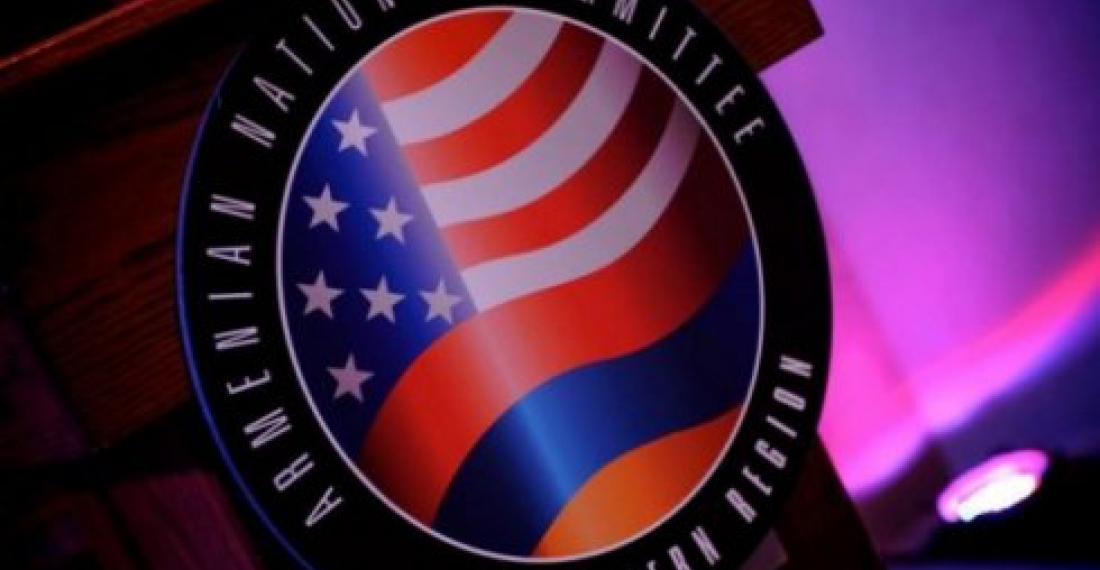В преддверии переговоров, которые могут оказать серьезное влияние на будущее мирных усилий по урегулированию нагорно-карабахского конфликта, ведущая армянская организация диаспоры, Армянский национальный комитет Америки (ANCA), набросилась против принципов, на которых базируются мирные переговоры о будущем региона, назвав их "безрассудными". АNCA призвал своих членов обратиться к конгрессменам США, о сообщить им о том, что "США и международные посредники должны отказаться от глубоко ошибочных и весьма опрометчивых Мадридских принципов, одностороннее предложение, которое требует авансовых, стратегических и безвозвратных уступок со стороны Нагорного Карабаха взмаен лишь смутных, отсроченных и пересматриваемых обещаний относительно статуса от Азербайджана".
В заявлении ANCA также говорится о том, что "согласно Мадридским принципам все риски ложатся на Нагорный Карабах и вся награда достаетсяя Азербайджану, государству-агрессору, которое препятствует миру и подготавливает почву для продолжения конфликта и подрыва региональной нестабильности. Реальный и прочный мир должен основываться на праве свободных людей жить свободно от иностранного господства".
Заявление было опубликовано в деликатный момент времени, в преддверии переговоров, которые могут иметь решающее значение в деле урегулирования конфликта. Эти встречи возглавит президент России Владимир Путин и сосредоточатся они на версии Мадридских принципов, известных как "идеи Лаврова", которые раннее Россия представила сторонам конфликта. В понедельник, президент Путин отправится в Баку, где проведет встречу с президентом Ильхамом Алиевым, и также примет участие в трехсторонней встрече с президентом Ирана. Во вторник, в Санкт-Петербурге, Путин примет президента Турции Реджепа Тайип Эрдогана, а позднее на этой же неделе Путин встретится с президентом Армении Сержем Саргсяном. Вполне вероятно, что результаты этих обсуждений определят будущие перспективы урегулирования конфликта.
В заявлении ANCA не приводится никаких ссылок на "идеи Лаврова", но следует понимать, что многие активисты диаспоры обеспокоены тем, что правительству Армении придется пойти на уступки по Карабаху под давлением России. Раннее на этой неделе президент Армении, уже будучи находясь под значительным внутренним давлением, попытался успокоить критиков, заявив, что Карабах никогда не будет частью Азербайджана (Читайте об этом здесь).
ANCA не часто критикует правительство Армении открыто. Выбор времени обращения к конгрессменам США является странным, если учесть, что Мадридские принципы были в свободном доступе в течение многих лет и, которые в данный момент представлены в новой российской версии, известной как "идеи Лаврова". Вполне вероятно, что организация пытается с помощью данной кампании направить завуалированное сообщение руководству Армении в преддверии переговоров, запланированных на этой неделе.
источник: commonspace.eu






